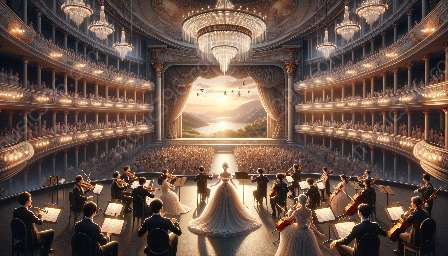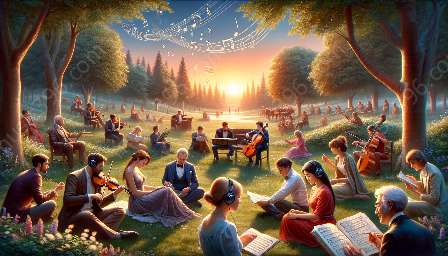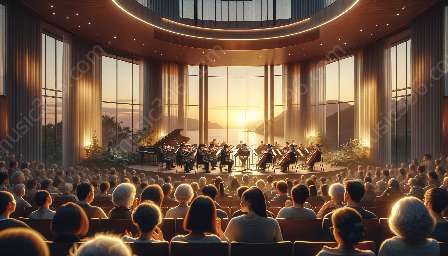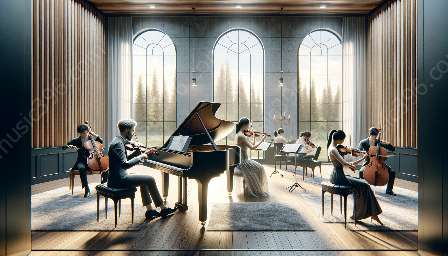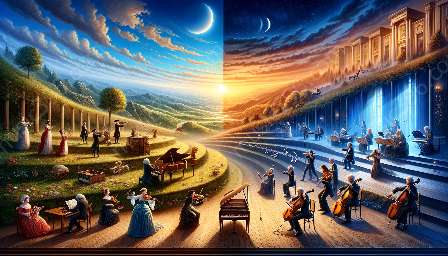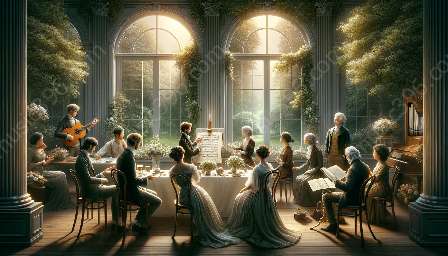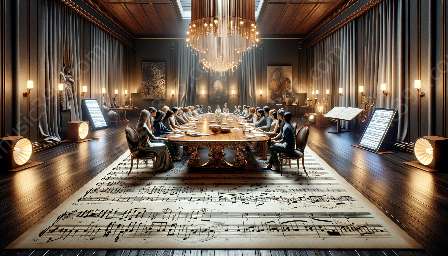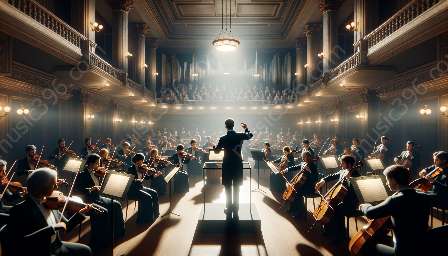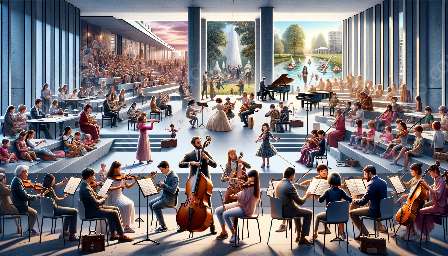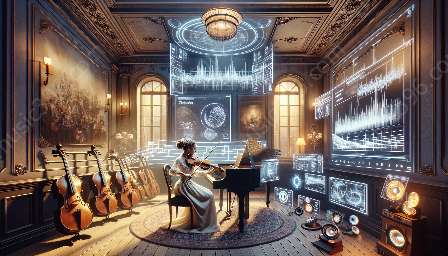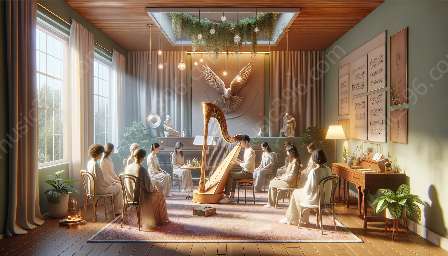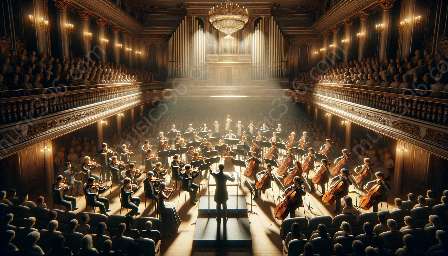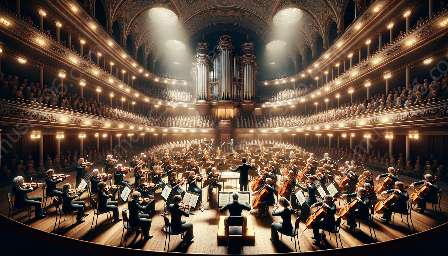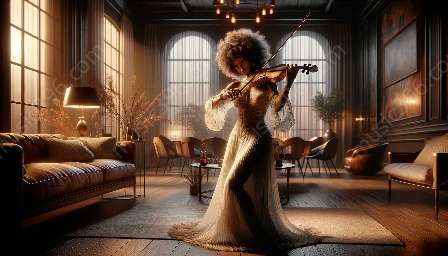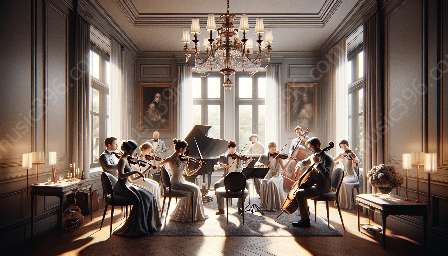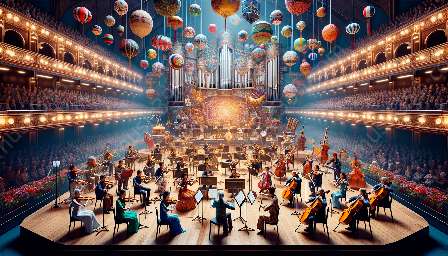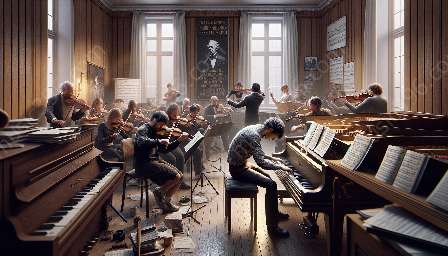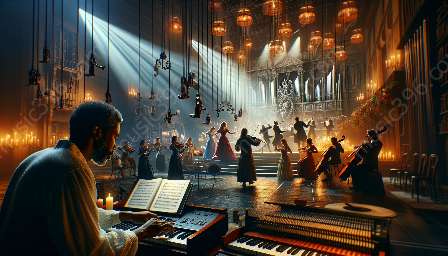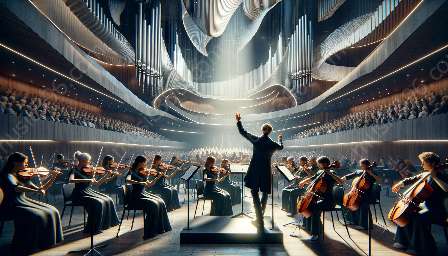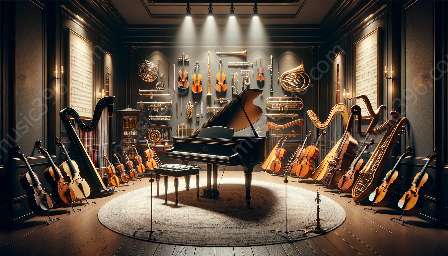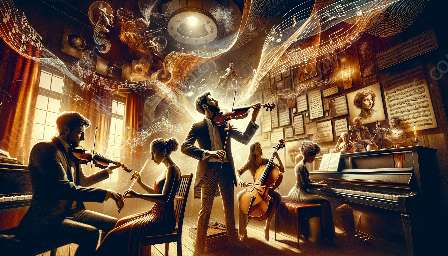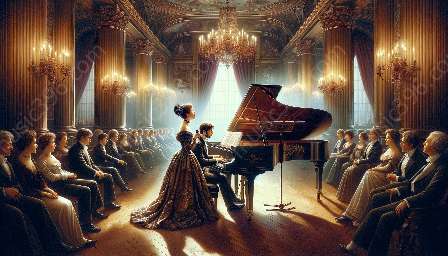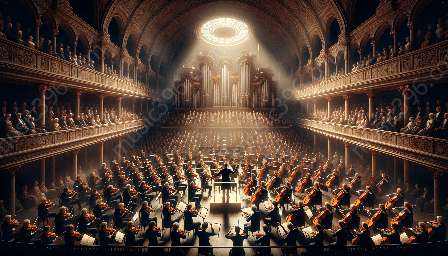Traditional classical music forms have withstood the test of time, embodying historical, cultural, and artistic values. This topic cluster will discuss the importance of preserving these traditional forms, the challenges faced in studying and performing classical music, and the significance of classical music in contemporary society.
Preservation of Traditional Classical Music Forms: A Cultural Legacy
Traditional classical music forms, such as symphonies, operas, concertos, and sonatas, hold immense cultural significance. They reflect the rich heritage of various regions and demonstrate the evolution of musical styles and compositions over centuries. By preserving these forms, we ensure that future generations can appreciate and learn from the artistic achievements of the past. Additionally, the preservation of traditional classical music forms contributes to the diversity of global cultural heritage.
The Challenges in Classical Music Study and Performance
Despite the enduring appeal of classical music, the study and performance of traditional forms pose significant challenges. One major challenge is the limited access to classical music education and resources, especially in certain regions and communities. Additionally, the rigorous training and technical proficiency required to perform classical pieces at a professional level demand immense dedication and commitment from aspiring musicians. Furthermore, the interpretation and presentation of classical compositions require a deep understanding of historical context and musical traditions, presenting a challenge for contemporary performers.
The Significance of Classical Music
Classical music continues to hold relevance in today's society, offering a timeless aesthetic experience and emotional depth. It transcends cultural boundaries and resonates with individuals across diverse backgrounds. Furthermore, classical music serves as a source of inspiration for contemporary composers and artists, influencing various genres and contributing to the enrichment of musical expression.
Concluding Thoughts
The preservation of traditional classical music forms is crucial for safeguarding our cultural heritage and promoting artistic diversity. Despite the challenges in studying and performing classical music, its enduring significance in contemporary society reinforces the importance of cultivating an appreciation for classical compositions and nurturing the talents of budding musicians.

